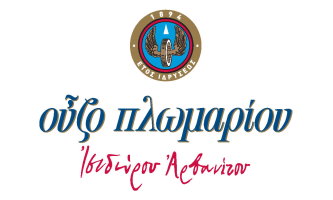GUIDE TO GREEK GASTRONOMY
O Guide for Greek Gastronomy is a 'live' website that aims to inform its visitors about all the values and goods of our gastronomic culture. And of course by the term gastronomic culture - the culture of gastronomy - we do not mean only that which has to do with gastronomic pleasure and the laws and rules of the gastric (belly), as well as with the art of preparing and consuming food, but also with what is related to the deep knowledge of everything related to human nutrition.
Why while up to a time as gastronomy We considered the eating habits of the royal courts or the privileged social strata, only in the 20th century the interest of historians was focused on the daily living conditions of the people, creating questions about their diet and food. From the history of the kitchen of show and sophistication, we went to the history of the kitchen of the common people, the history of hunger, the problem of the supply of urban centers, the wars for food, but also the daily battles fought by humanity. to secure her food.
In this sense, the treasures of Greek gastronomy presented on our website include all human activities and creations, which include knowledge, care, passion, art and technique and relate, in addition to cooking, to all agricultural products, types of crops as well as edible processing techniques, cheese-making, viticulture and the practices of agriculture, winemaking, animal husbandry, butchery, and all placed in a framework of ritual events, morals, codified perceptions and values (symbolic, nutritional, social) that each culture gives to its own processes but also to the production of products.
The recording of the treasures of Greek gastronomy it contains the historical approach of the gastronomy of each place until the recent one traditional cuisine, The local products to producers their, the local markets and festival made to promote them. The following are described delicacies and the spaces offered (taverns, restaurants, cafes, festivals), hotels and hostels who as ambassadors of local gastronomy have formed a clientele that moves in its premises gastronomic tourism and finally sights (festivals, landscapes, places and museums), where the traveler can complete the overall picture of the gastronomic landscape.
All of these are listed by area of gastronomic interest, so that each place is presented as gastronomic destination with a passport to its gastronomic culture.
Because the battle for the survival of the gastronomy of each place is a battle of the culture of everyday life.
- Dishes
- Products
- Festivals
- Landscapes
- Producers
- Cafes
- Taverns
- Sightseeing











